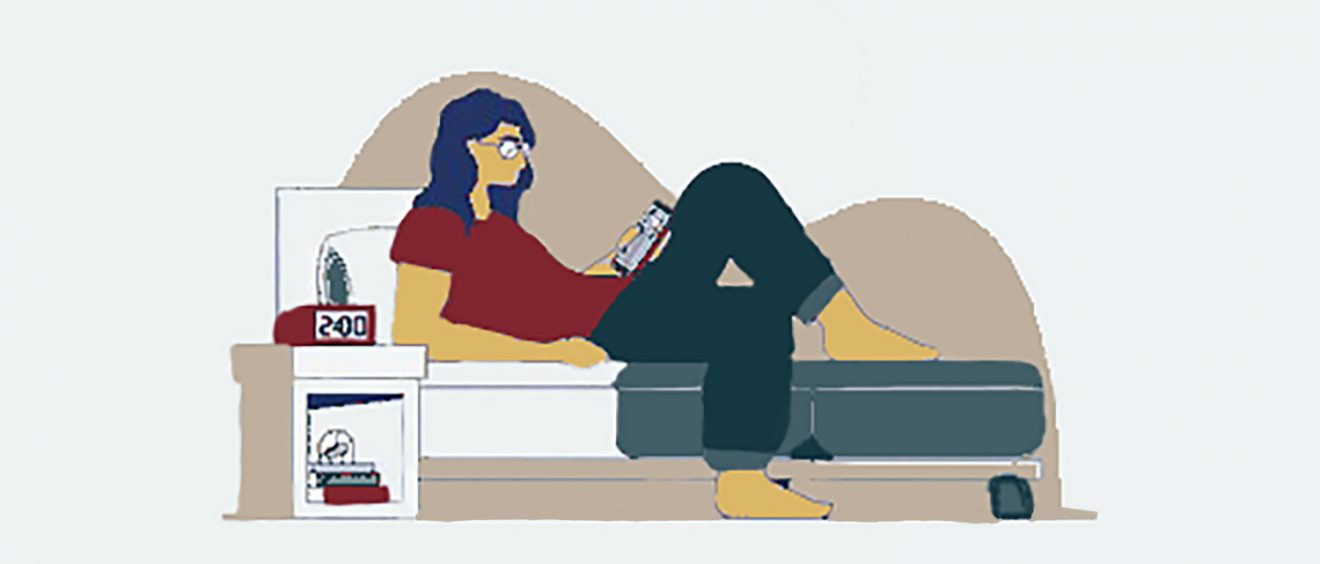
Rebelling Against Bedtime
Resting is an essential part of our lives. When night falls, the body secretes melatonin, released by the pineal gland. This hormone is responsible for the sleeping pattern. In today’s world, however, it is becoming increasingly difficult to experience restful sleep.
We regularly feel like there are things that need to be finished or accomplished even if we sacrifice our bedtime hours. We tell ourselves, for example, “just five more minutes – I will go to bed as soon as this show is over”. This phenomenon is called revenge bedtime procrastination.
Simply put, revenge bedtime procrastination is intentionally delaying your bedtime in favor of other things, like watching movies, scrolling through social media, playing video games, reading, or spending time on a hobby.
Why is it called “revenge”?
It is a phenomenon of profound emotions and psychological facts. People purposely put off their bedtime hours to enjoy themselves after a long and stressful day. That is why it is also called a “me” time.
Is it bad?
Having a “me” time is not the problem; the problem is timing.
According to our recent mHub survey of workers in Rwanda, 25.2% of the respondents had a high level of stress, while 8.9% were extremely stressed. After a long day of working, people use revenge bedtime procrastination to carve out some time at the end of the day when they feel in command. Time to do what they wish they could have done during the day.
Scrolling through social media posts, reading a book, or watching your favorite TV show might be a good way to end your day. However, these mindless, nonproductive pastimes add to your stress and anxiety and even jeopardize your health when they cut into the restorative rest your brain and body need. The blue light from devices will disrupt your biological clock and make your brain lose the ability to fall asleep. This will result in fatigue the next day.
How to avoid revenge bedtime procrastination?
The following are the tips that can change your life from a revenge bedtime procrastinator to a healthy sleeper:
- Take a walk or do some yoga: Step away from the computer and set up for a walk or gentle yoga. Stretching your muscles will benefit your sleep. In addition, yoga relaxes your mind and body.
- Take a break: Set up a break during your working schedule for meditation or even a power nap.
- Learn work-life balance: Prepare a schedule and a to-do list of all the activities you have to do during a day. Create space for work – and also space for “me” time, i.e., time to relax.
- Set a media curfew: It is important to turn off all your screens (TV, phone, laptop…) at least an hour before bedtime to avoid the blue light that can disturb your sleep.
- Learn to say no: Say no to overwhelming activities during the day. Delegating a few of them can save up your sleeping health.
- Schedule sufficient sleep: Set up an alarm for your bedtime. Get sufficient sleep every day of the week.
A well-rested individual accomplishes more and does it better than someone who is sleep-deprived. Because sleep provides so many health, wellbeing, and quality-of-life benefits, you might as well consider it the ultimate “me” time.
Author: Adeline Imanirakiza, mHub Rwanda, 2021-08-22
